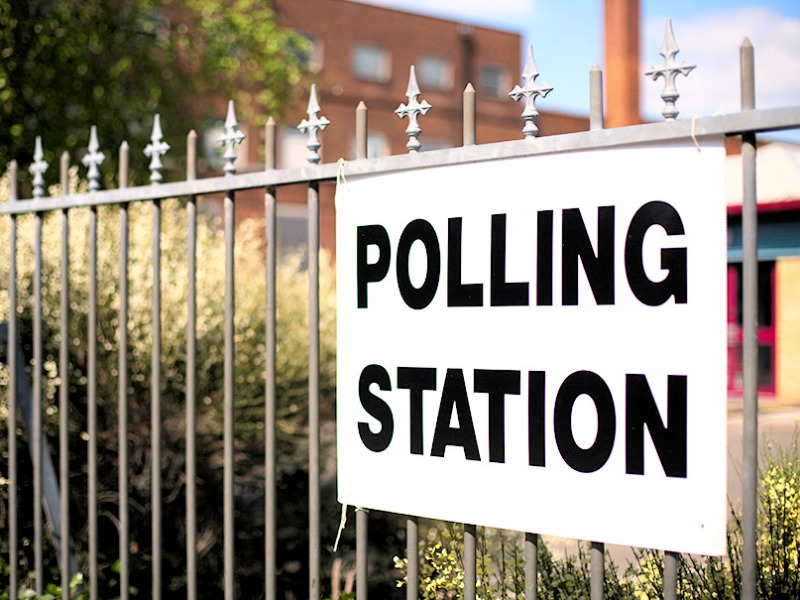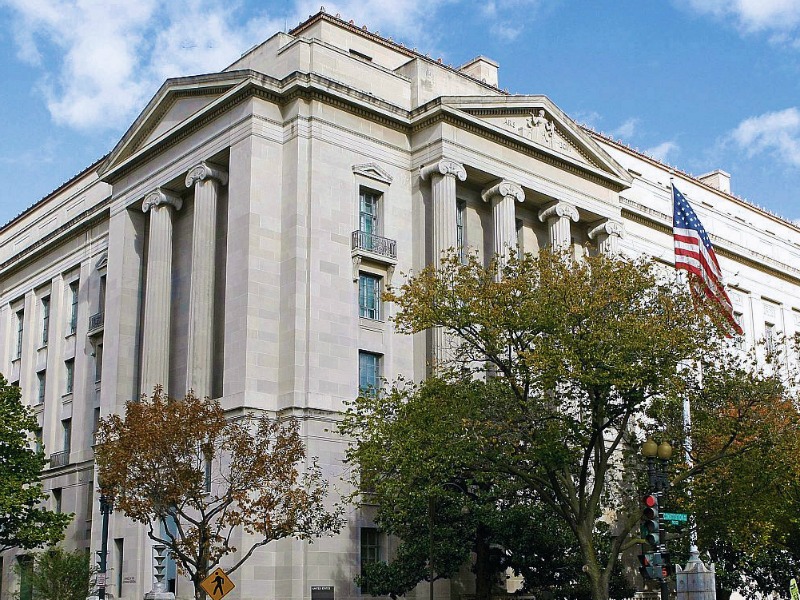Finsbury 19 May 2015 // 7:00AM GMT

Let’s get this out of the way nice and early. Finsbury did not accurately predict the outcome of the General Election. Nor did the media. Nor every pollster in the country. Not even Nate Silver.
To say the Conservative Party’s majority took us all by surprise is an understatement. At our Chairman’s glamorous election night party, the BBC’s exit poll (which in fact underestimated the size of the Tory win) was greeted by silence by the assembled business leaders, not because they were partisan but because they had been told repeatedly, daily, that it was too close to call.
The scale of David Cameron’s victory was impressive, with the Conservatives ending up on 331 seats (up 28 on the 2010 election) and Labour falling to 232 (down 24). The SNP, led by the redoubtable Nicola Sturgeon, scored a remarkable victory in its homeland winning 56 seats (up from 6) in the new Parliament.
Arguably the worst night of all was experienced by the Government’s former coalition partner, the Liberal Democrats, who were almost wiped from existence, ending up on just 8 seats (down from 57 last time). The expected breakthrough for UKIP simply didn’t happen, despite winning nearly 4m votes, as they secured just 1 MP in the House of Commons.
But what was equally amazing was the number of major political figures who tumbled on election night. Labour lost its shadow Chancellor Ed Balls, shadow Foreign Secretary Douglas Alexander, and Scottish Leader Jim Murphy. The Liberal Democrats lost Business Secretary Vince Cable, Chief Secretary to the Treasury Danny Alexander and Energy Secretary Ed Davey. Added to this, UKIP’s controversial leader Nigel Farage inexplicably failed to win his target seat in Thanet South.
So the question we now need to ask is what does all this mean for the business community? Here are some of the points you may need to consider:
- European Union Referendum
Perhaps the most significant consequence of a Conservative win is the certainty that there will be an in/out referendum on the UK’s membership of the European Union. The expected date is sometime in early 2017, but the starting pistol has already effectively been fired. The Government’s position is relatively clear – namely, that it will seek reforms from its European partners, present them to the public and then campaign for a yes vote to stay in the EU. If only politics were that simple. In truth it seems unlikely that any reforms successfully gained by the Prime Minister will be sufficient to assuage the grumblings of the Eurosceptics in his party. This is likely to lead to open rebellion from the hard-core on the right and, as we saw last year in Scotland, the referendum campaign is likely to be both bloody and bruising for all involved. Even moderate Cabinet level Conservatives such as Sajid Javid, Jeremy Hunt and Boris Johnson have all said that they would be relaxed about leaving the EU in the event that sufficient reforms cannot be secured.
In the coming months, UK-based companies will be asked to pick a side and whether they are willing to speak out for either the yes or no campaigns. This means that agreeing a clear internal view about how to proceed will be crucial and is therefore better to be made sooner rather than later.
- Chancellor 2.0
With the Prime Minister already having signalled that he will not stand for a third term, arguably the biggest winner from election night was George Osborne. It can be argued that it was he ‘wot won it’ given the election was largely fought and won on the issue of economic competency. The reshuffle of the Cabinet saw the promotion of his supporters, including Sajid Javid, Amber Rudd, Greg Hands and Matthew Hancock, and it seems likely that he now believes that he is capable of succeeding his close friend at No.10 by the end of this Parliament. For the business community, Osborne’s renewed strength demonstrates that persuading him and his team is the single most important means to achieving any given policy goal.
- New Business Secretary
With the Lib Dem part of the coalition now defunct, the Conservatives have regained leadership of the Department for Business, Innovation and Skills for the first time since 1997. The highly regarded Sajid Javid has been promoted into the role and is expected to follow a more business-friendly agenda, which he signalled with his announcement on new laws to make it more difficult to call a strike. Pro-enterprise and deregulation will be the likely core themes of his time in this post, and his experience at Treasury, as well as extensive experience in the private sector, are likely to win him the respect of the business community.
- Corporation Tax and Business Rates
The Conservative victory means that the cut in Corporation Tax down to 20%, implemented last month, will now remain (Labour had proposed increasing the rate by 1%). Since 2010 the tax rate for business has fallen by 8% and the Chancellor has already indicated that he would like to eventually bring it down even lower. Business rates (which Labour said it would decrease by 1% if elected) will remain the same, although the Government’s review of how it calculates them will now continue apace and report back by the time of the 2016 Budget.
- English Devolution
The Chancellor has already announced that English cities will get powers over housing, transport, planning and policing, via a Cities Devolution Bill which will be in Queen’s Speech later this month. Greater Manchester, which will take on these powers when it elects a mayor in 2017, is likely to become the blueprint for this further devolution. Councils in Greater Manchester currently control around £5bn of public money each year and the devolved powers are likely to present them with a further £2bn. The Chancellor also announced that the former chief economist at Goldman Sachs, Jim O’Neill, would become the Commercial Secretary to the Treasury, tasked with helping the Government boost infrastructure and devolve powers to cities such as Birmingham, Newcastle, Leeds and Hull.
Public Accounts Committee
Arguably the most frightening aspect of the last Parliament for business was the prospect of being cross-examined by the Labour Chair of the Public Accounts Committee, Margaret Hodge, who made her name with her attacks on multinationals and alleged avoidance of corporation tax. There will be a collective sigh of relief that Hodge has decided not to stand for re-election as Chair, but we should expect a continuation of her legacy regardless of who eventually replaces her. Parliamentary convention says that the role should be held by a Labour MP, so we can expect a number of heavy-hitting ex-Ministers to throw their hats in the ring, alongside the one confirmed candidate, Meg Hillier. Being called to appear before the Committee is therefore likely to continue to cause palpitations for any board-level executive.
To some extent, the election result means less risk and more certainty for business planning. The policy direction of the past five years is likely to continue and most of the major roles in Cabinet remain in the hands of the same Ministers. However, the EU Referendum is likely to be the key business issue of this Parliament and a decision to exit Europe could throw much of this certainty into significant doubt.
Needless to say, Finsbury is very well placed to help advise existing and potential new clients on how best to navigate all of these issues in the coming months and years. We look forward to helping you in these interesting times.
By Scott Colvin, Partner at Finsbury


































.jpg)


















